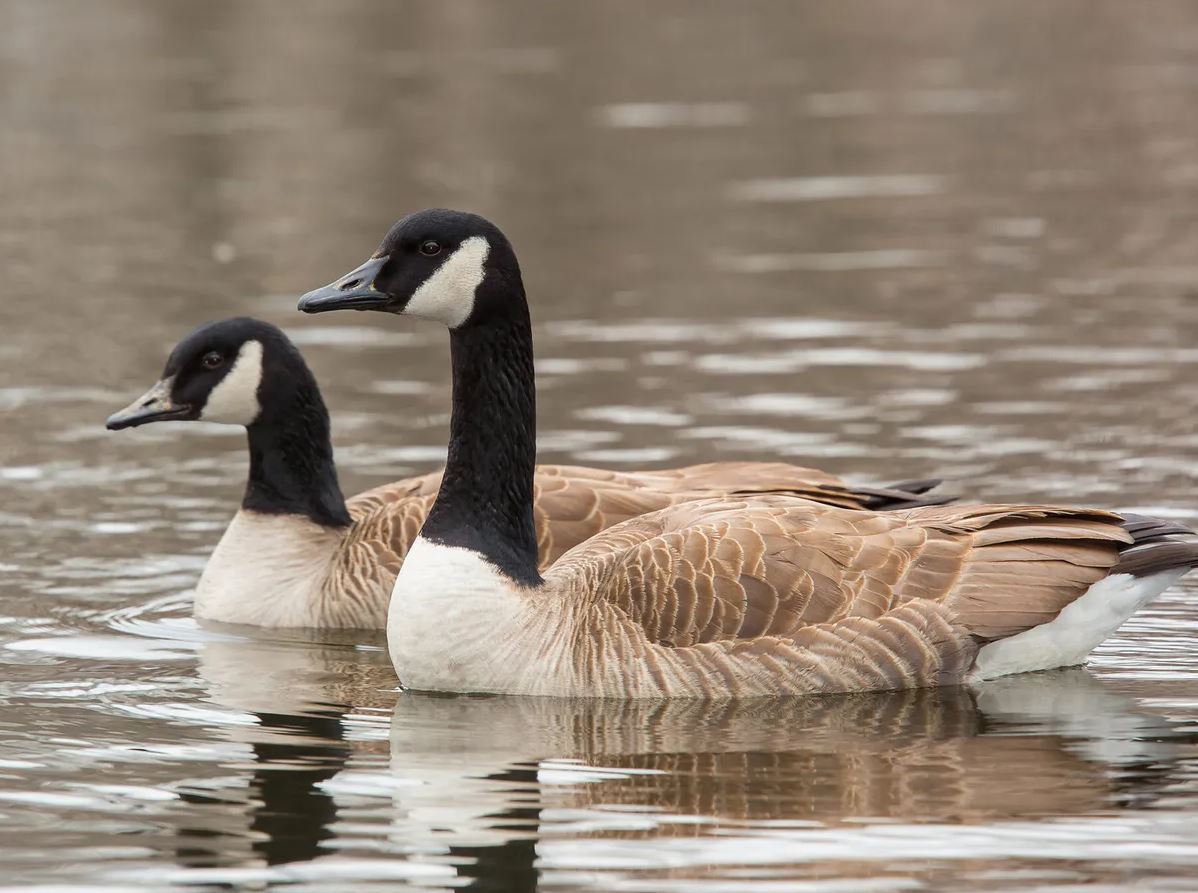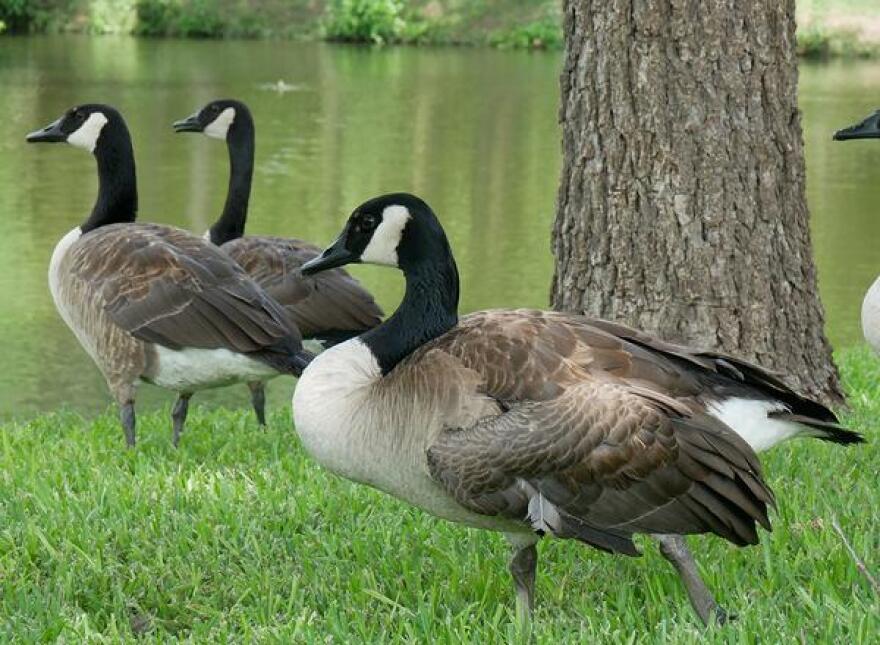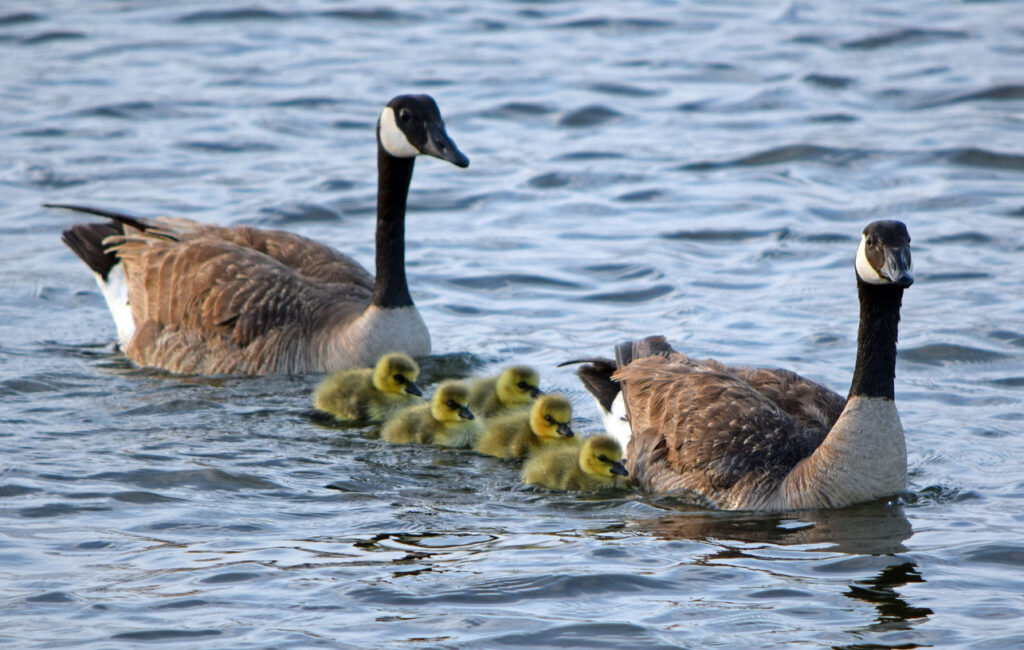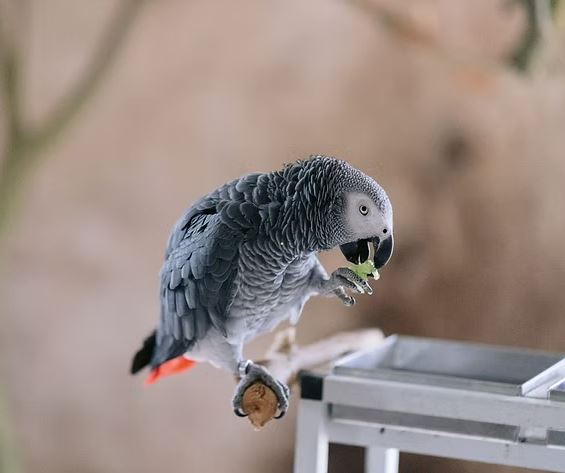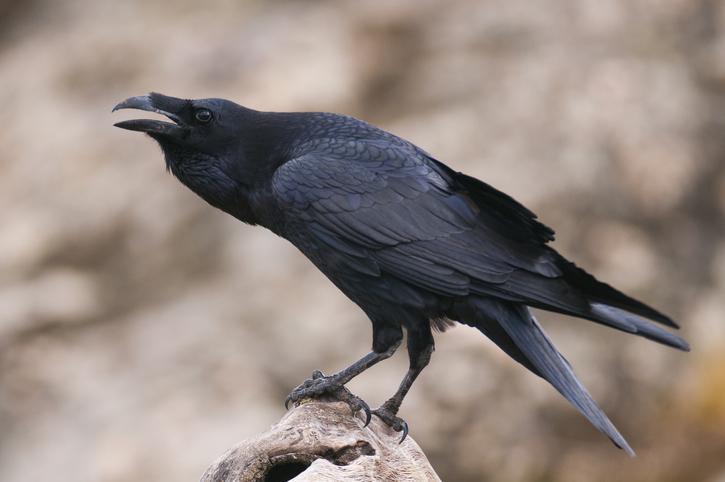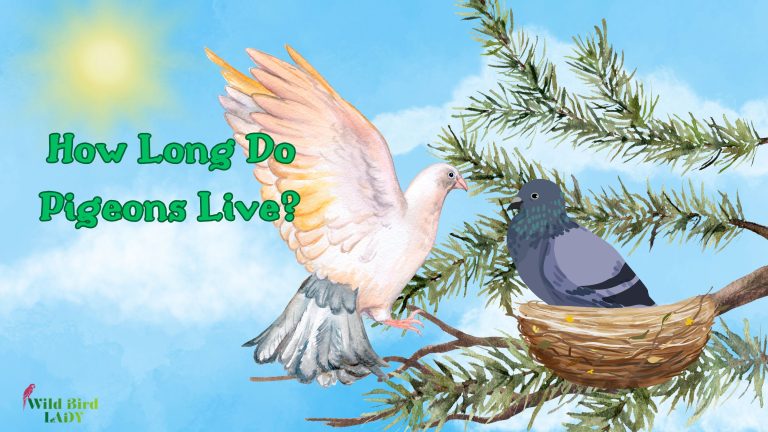How Long Do Geese Live? Discover the Secrets to Their Long Life!
If you’ve ever seen a flock of geese flying overhead in perfect V-formation or honking their way across a lake, you might have wondered: How long do geese live? These resilient birds are known for their strong family bonds, migration feats, and territorial loyalty. But beyond their honks and flocks lies a fascinating story of longevity and survival.
In this comprehensive guide, we’ll explore the geese lifespan, from the wild to the domesticated, and uncover the secrets to their long life—including what you can do to help pet or backyard geese live longer, healthier lives.
How Long Do Geese Live in the Wild?
In the wild, the average lifespan of a goose ranges between 10 to 24 years, depending on the species and environment. According to data from the Cornell Lab of Ornithology, Canada Geese have been known to live up to 24 years in optimal conditions.
- Canada Geese, one of the most recognized wild species in North America, can live up to 24 years in optimal conditions.
- Snow Geese and Greylag Geese typically live around 10–15 years in the wild.
- Barnacle Geese average 12–14 years, but some reach older ages if undisturbed.
Wild geese, however, face many challenges that reduce life expectancy—ranging from predators and hunting to polluted water sources. Organizations like the RSPB (Royal Society for the Protection of Birds) note that Greylag Geese, for instance, often live around 12–14 years in the wild unless threatened by environmental stress.
Common Threats to Wild Geese:
- Predation by foxes, coyotes, eagles, raccoons
- Lead poisoning from polluted wetlands
- Collisions with power lines or vehicles
- Hunting pressure (legal and illegal)
Despite these dangers, geese are remarkably resilient, and many manage to live full lives thanks to their instinctive caution and flocking behavior.
How Long Do Domestic Geese Live?
Domesticated geese generally enjoy a longer and more protected life than their wild counterparts. On average, domestic geese live between 15 and 25 years, with some breeds even reaching 30+ years under ideal care.
Popular Domestic Goose Breeds and Lifespans:
| Breed | Average Lifespan |
|---|---|
| Embden Goose | 15–20 years |
| Toulouse Goose | 20–25 years |
| Chinese Goose | 15–20 years |
| African Goose | 15–20 years |
| Sebastopol Goose | 15–25 years |
Well-cared-for geese can become long-term companions for small farmers, homesteaders, and even urban backyard birdkeepers.
Factors That Affect Geese Lifespan
Whether they live in the wild or in your backyard, geese are influenced by several critical factors that determine how long they live. Understanding these factors is key if you’re a bird enthusiast, homesteader, or simply curious about geese lifespan.
1. Species or Breed
Just as different dog breeds have varying life expectancies, the same applies to geese. Some breeds or species are genetically predisposed to live longer than others.
- Canada Geese, a wild species, are known for their resilience and long lives—some individuals reach 20+ years in the wild.
- Among domestic breeds, Toulouse and Sebastopol geese tend to live longer, often 20–25 years or more with proper care.
- On the other hand, Embden geese, which are heavier and often raised for meat, may have slightly shorter lifespans due to their larger body size and associated health risks.
In general, smaller or medium-sized breeds that are less prone to obesity or leg issues tend to live longer.
2. Predation
For wild geese, predation is one of the leading causes of early death. Geese eggs and goslings are especially vulnerable, but even adult geese fall prey to natural predators.
Common wild predators:
- Foxes
- Coyotes
- Raccoons
- Birds of prey (eagles, hawks)
Domestic geese are safer but still at risk if not properly protected. Free-ranging geese can be attacked by:
- Domestic dogs
- Feral cats
- Owls or hawks
- Snakes (especially targeting eggs)
Proper fencing, secure nighttime housing, and alert supervision dramatically reduce the risk for domestic geese.
According to the Royal Society for the Protection of Birds (RSPB), predation is the primary cause of nest failure for many goose species in the wild.
3. Diet and Nutrition
Geese are grazers by nature, and their digestive systems require fiber, grit, and variety.
A balanced diet significantly increases both health and longevity. A typical healthy goose diet should include:
- Grains: Wheat, oats, corn
- Greens: Grass, clover, dandelion, lettuce
- Grit: Helps break down food in the gizzard
- Clean Water: Essential for digestion and hydration
Avoid overfeeding corn or bread, which are common mistakes. These can lead to fatty liver disease or malnutrition.
Rifat Ahmed, a goose caretaker with 13 years of birdwatching experience, advises:
“I’ve noticed that geese allowed to forage naturally in grassy areas tend to be healthier and live longer than those kept in confined spaces and fed commercial feed alone.”
4. Habitat and Environment
The physical environment a goose lives in has a massive impact on its lifespan.
Ideal living conditions include:
- Clean and dry shelter to prevent mold and respiratory illness
- Open grazing space for exercise and natural foraging
- Access to clean water for swimming and hygiene
- Shade and windbreaks to prevent overheating or chilling
Overcrowding, poor sanitation, and muddy pens create conditions ripe for bacterial infections and parasites, which can shorten life expectancy significantly.
For domestic geese, deep litter systems, regular pen rotation, and seasonal coop cleaning are essential.
5. Healthcare and Disease Prevention
While wild geese rely on natural immunity, domestic geese benefit from proactive healthcare. This includes:
- Annual deworming to prevent internal parasites
- Vaccinations (where available) against diseases like avian influenza
- Foot care to prevent bumblefoot, especially in heavier breeds
- Veterinary checkups to detect issues early
Common diseases that shorten goose lifespan:
- Newcastle disease
- Aspergillosis (fungal respiratory disease)
- Wet feather (due to poor water conditions)
- Coccidiosis
A local vet experienced in poultry or waterfowl care can help with diagnosis and treatment. Investing in vet care, even for just a few geese, can add years to their lives.
6. Genetics and Lineage
Not all geese are created equal, even within the same breed. Genetics play a subtle but powerful role in longevity.
- Breeders who select for healthy, disease-resistant traits tend to produce birds with longer lifespans.
- Conversely, geese bred solely for meat production may inherit traits that prioritize fast growth over long-term health.
- Inbreeding, common in poorly managed flocks, can lead to congenital defects or weaker immune systems.
When acquiring geese, ask about breeding history and lineage. Reputable breeders usually maintain stronger, healthier bloodlines.
Summary Table: Factors That Influence Goose Lifespan
| Factor | Impact on Lifespan |
|---|---|
| Species/Breed | Genetic predisposition for longevity |
| Predation | Major cause of early death, especially in wild geese |
| Diet | Balanced nutrition prevents disease |
| Habitat | Clean, spacious, and safe spaces extend life |
| Healthcare | Prevents illness and improves quality of life |
| Genetics | Determines baseline health and resistance |
Wild vs. Domestic: Key Differences in Goose Longevity
| Factor | Wild Geese | Domestic Geese |
|---|---|---|
| Average Lifespan | 10–24 years | 15–30+ years |
| Predators | Many | Fewer (if protected) |
| Diet | Natural foraging | Controlled, balanced feed |
| Healthcare | None | Vet access, disease control |
| Habitat | Wetlands, rivers, fields | Pens, farms, backyards |
| Stress Levels | Higher | Lower (with care) |
While wild geese depend entirely on nature and luck, domestic geese have the benefit of human protection, which often gives them a significant edge in lifespan.
Longest Living Geese on Record
Some geese have exceeded all expectations when it comes to longevity. Here are a few remarkable records:
- A domestic Embden goose named George lived up to 49 years in the UK, a record verified by various sources.
- Another goose named Methuselah, a Toulouse goose from Ireland, reportedly lived 42 years before passing away peacefully.
These extraordinary examples are outliers, but they prove that with excellent care, geese lifespan can rival that of cats or even small dogs.
How to Help Geese Live Longer
If you keep geese or plan to raise them, here’s how you can help them reach a long, healthy life.
1. Provide a Balanced Diet
Feed geese high-quality waterfowl pellets supplemented with:
- Fresh greens (lettuce, clover, dandelion)
- Grains (corn, oats, wheat)
- Grit for digestion
- Clean water (refresh daily)
2. Shelter and Protection
- Build predator-proof enclosures
- Provide shaded, dry areas to avoid overheating or chilling
- Allow access to water for swimming but ensure it’s safe and clean
3. Healthcare Maintenance
- Deworm geese regularly
- Watch for signs of illness (limping, lethargy, discharge)
- Use poultry-safe cleaning agents for housing
- Consult a vet familiar with waterfowl
4. Mental Stimulation and Social Needs
Geese are highly intelligent and social animals. They thrive when kept in pairs or flocks and enjoy:
- Grazing in open areas
- Interacting with other geese or familiar humans
- Exploring new spaces or shallow water
5. Minimize Stress
Loud noises, overcrowding, and predators can reduce lifespan. Keep their environment calm, clean, and enriched.
FAQs About Goose Lifespan
How long do goose live if kept as pets?
Pet geese can live 20 to 30 years, or longer, if they’re kept in safe environments with proper nutrition and care.
Do male or female geese live longer?
There’s little difference between male and female lifespan. However, breeding females may face additional physical stress.
Do geese mate for life, and does that affect longevity?
Yes! Geese form long-term pair bonds, and studies show that strong social bonds may contribute to lower stress and longer life.
What’s the best goose breed for longevity?
Toulouse and Sebastopol geese are known for their longer lifespans, especially in domestic environments.
Can backyard geese live longer than wild geese?
Yes. Backyard geese often outlive wild geese due to protection from predators, reliable food, and medical attention.
Conclusion
So, how long do geese live? The answer varies, but with the right conditions, these incredible birds can live well beyond two decades. Whether honking overhead in migration or waddling around a quiet farm, geese lead complex, social, and surprisingly long lives.
By understanding the key factors behind the geese lifespan, and following best practices for care, owners and enthusiasts can ensure their feathered friends thrive for years to come. Whether you’re a backyard bird lover or just curious, one thing is certain—geese are built to endure.

